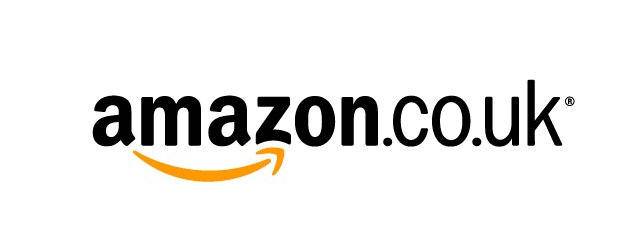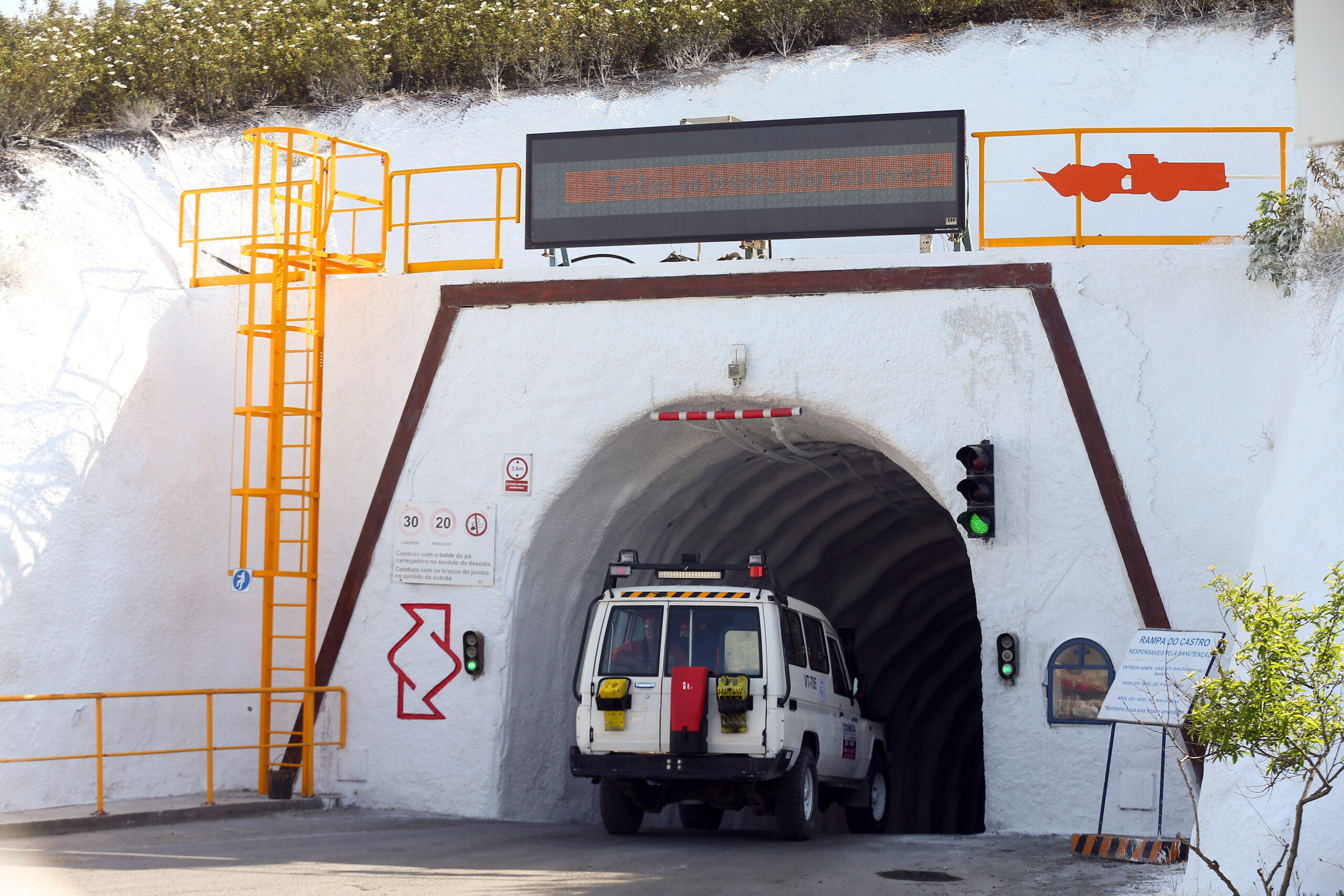
Amazon.co.uk has announced that it will take on the UK’s supermarkets with the launch of its own online grocery store offering free delivery on thousands of products.
Thecompanywill offer a range of 22,000 products, which matches the scope of rivals such as Tesco and Ocado. It will stock 2,000 products at its five warehouses around the UK, with its biggest facility, of 800,000 square feet, to be located at Swansea Bay in Wales. The remaining products, including fresh and chilled items, will be sent from external suppliers.
Amazon said it would carry lines from companies such as Kraft, Pepsi and Procter & Gamble.
James Leeson, director of Grocery at Amazon.co.uk, said: "Amazon.co.uk’s aim is to be the place where customers can find and discover any product they want to buy online, and with the introduction of this new store there are thousands of household, niche, ethnic and international grocery items, all available at the click of a button.
"With unlimited virtual shelf space, customers can choose from a wide variety of products, all of which benefit from free delivery. We will work tirelessly to increase the selection of grocery items available to be delivered directly to customers’ doors."
Online grocery shopping in the UK is currently dominated by Tesco, which has 45.1 per cent of sales. Sainsbury's has a 14.1 per cent share, while Asda has 13.7 per cent. Morrisons is also expected to launch an online shopping site in the near future; and Marks & Spencer has said it is considering offering the service.
Online grocery shopping is currently a small segment of the market, at just three per cent of the total. But it is fast-growing—sector trade body and industry experts IGD estimate that the market will hit £7.2 billion by 2014, compared to £2.6 billion just three years ago.
Thirteen per cent of shoppers currently do their food shopping online regularly, with the figure expected to hit closer to 40 per cent in the next few years.
Amazon’s total global sales rose last year by 28 per cent to $24.5 billion (£16 billion), 10 times higher than in 1999. It has gradually expanded its range from books to clothing, toys, DIY tools and car accessories.













